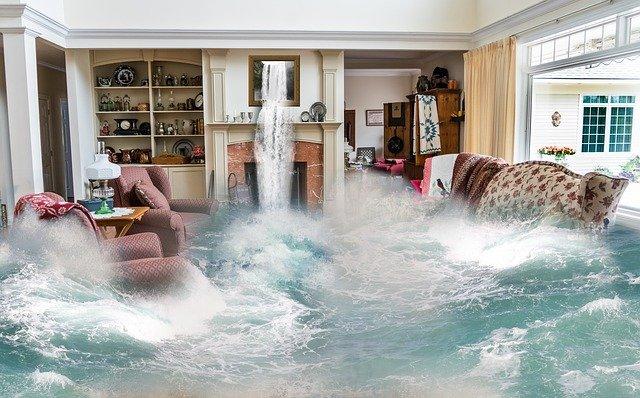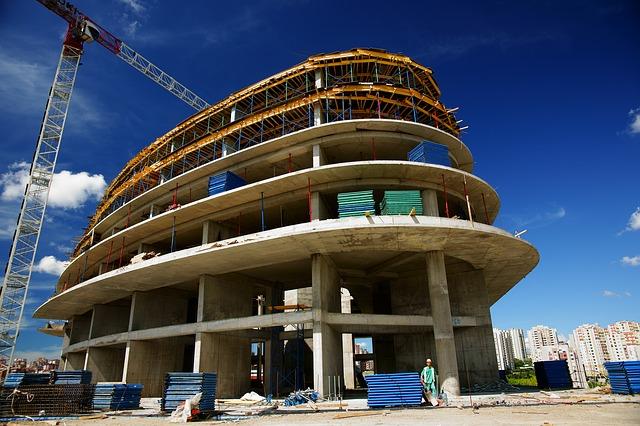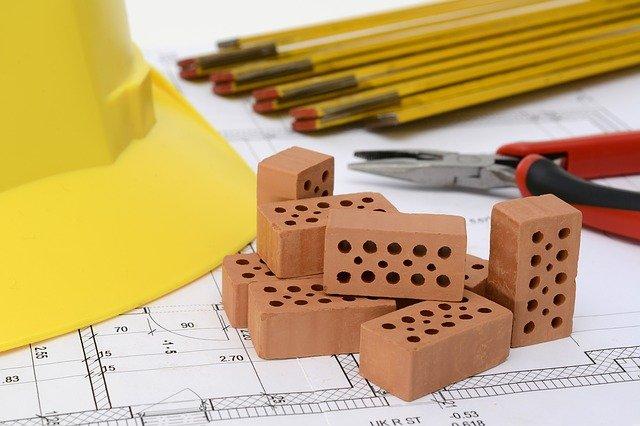
Flood insurance is one of those things that too many people overlook.
You might not have flooding insurance even if you’ve owned your home for a long period. Many people who have general homeowner’s insurance haven’t leaped into flooding insurance as well.
However, if you live in an area with even low-risk flooding possibilities, you need to invest.
Here are five of the most prominent reasons to protect yourself and your home from flooding with flooding insurance.
1. Flooding Is Incredibly Common in Natural Disasters
Flooding can itself be a natural disaster, but it also comes along with other natural disasters very frequently. Hurricanes, monsoons, tornadoes, and earthquakes can all lead to flooding for various reasons.
This phenomenon is one of the reasons 90% of natural disasters in the United States include flooding, implying that if a natural disaster occurs near you, it’ll likely bring along floods. Natural disasters you do not expect will create flooding are also not exempted.
Don’t assume that you’re going to be protected from flooding, even if the natural disaster you experience isn’t technically a pure flood. Because there are so many things that can lead to flooding in the area around you, home flooding is surprisingly common, and that means you need to pay attention to it and take steps to prevent it early on.
At a base level, keeping your home safe from natural disasters typically means keeping your home safe from flooding.
2. Low and Moderate-Risk Areas Experience Flooding, Too

Most homeowners in high-risk flooding areas have flooding insurance, either because they legally have to or just because they realize it’s a good investment for the risk. However, too many people in low and moderate-risk areas forgo the insurance because they think it’s unimportant.
You might think that it’s just not enough of a risk, and therefore you’ll be better off taking your “low risk” chances.
The thing is, 20% of flooding insurance claims come from those in low or moderate-risk areas, proving that it’s crucial for safety. Even if you’re officially in a low or moderate-risk area, that doesn’t mean you’re in a zero-risk location.
The only way to be safe from floods is to be in a completely no-risk area, so flooding insurance can still be a distinctly beneficial option even in low-risk areas.
3. Flood Claims Tend Toward a Very High Average
When you pay into flooding insurance, you’re protecting yourself against a flooding repair that could be immensely expensive.
It’s easy to underestimate how expensive flooding repairs are, but flooding can cause immense pressure on the entirety of your home and create issues with the home foundation that you can’t see at first glance.
In 2018, the average flood claim was $42,580, and covering that amount by yourself could exhaust all of your savings.
Even worse are some of the numbers from specific floods -- Hurricane Harvey had an average paid loss of a whopping $116,823, enough to buy a completely new house in some areas of the United States. Flooding insurance keeps you from having to pay that amount or even more.
4. Typical Home Insurance Doesn't Cover Flooding
This instance is the source of a lot of misunderstandings. Typical homeowner’s insurance does include one type of flooding, but it’s only internal flooding, which is when something happens in your home, like a pipe bursting, and floods the inside of your house.
If this kind of thing happens, your typical homeowner’s insurance will cover it, and you can likely put in a claim for those issues.
However, a basic home insurance policy doesn’t protect against so-called “Acts of God,” like flooding events from a storm. It would help if you had third-party flood insurance through FEMA or a private insurer.
Suppose you’re looking for specific flooding insurance that will protect you in the case of a storm. In that case, you need to make sure that you’re getting that insurance, whether from FEMA or from the same insurance provider that you get your home insurance from, which is a possible option.
5. Every State Has Potential Flooding Risks

You may think that just because you live in a super-dry state, like New Mexico, or an incredibly landlocked state, like Colorado, you don’t need flooding insurance.
However, certain areas of each state are at risk of flooding. For example, New Mexico has 41,125 homes within the 100-year flood zone, and Colorado has 43,615 homes, often due to possible issues with ponds and rivers in the area that can contribute to problems.
No matter what state you live in, it’s a good idea to seek out information on your flooding risk; thousands of homes in every state are at risk of flooding, regardless of geography.
While some homes are more obviously at risk of flooding, like Florida, which has 1,893,920 homes in the 100-year flood zone, all homes could end up with a concern.
Do your research and discover whether you might be in more danger than you initially thought.
Get Insured
Flooding insurance is a crucial part of keeping your home safe. If you want to make sure that your home is completely covered in case of a natural disaster, you’re going to need flooding insurance.
After all, if you already have home insurance, you know how important it is to pay attention to the concerns of possibly encountering an expensive issue inside the home. Why not upgrade that attention to include problems with flooding, as well?
If you’re wondering how flooding insurance can keep you safe, make sure you talk to a local expert. They’ll explain the benefits of flooding insurance and can even walk you through getting it.
This process can be frustrating and difficult for a lot of homeowners, which is one of the reasons they might decide to forgo the process entirely. An expert can make the process seem much more straightforward and help you with putting it into play.






Leave a comment
This site is protected by hCaptcha and the hCaptcha Privacy Policy and Terms of Service apply.